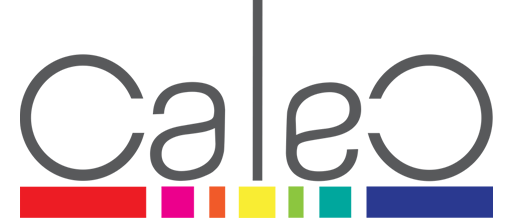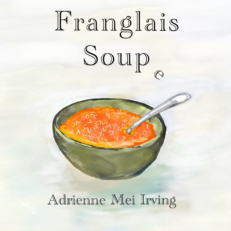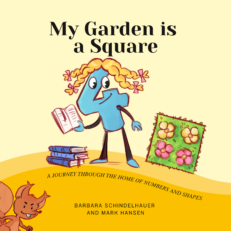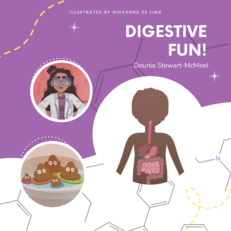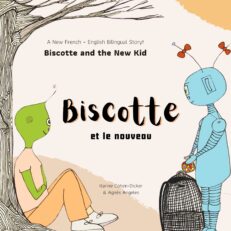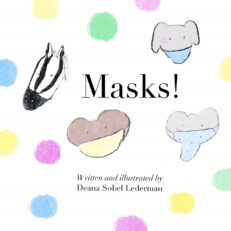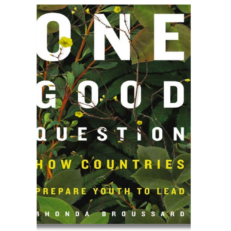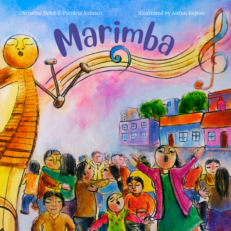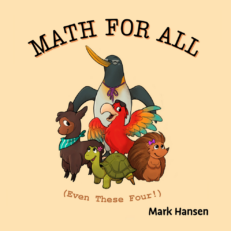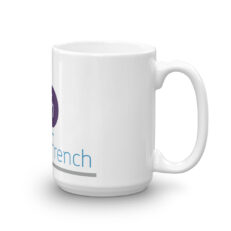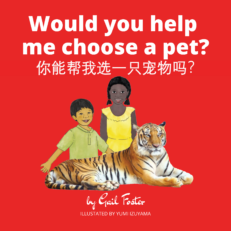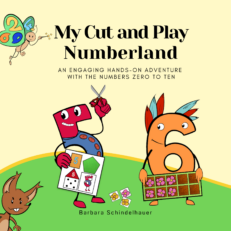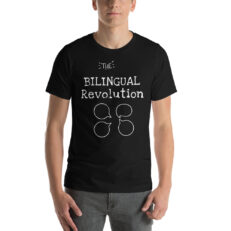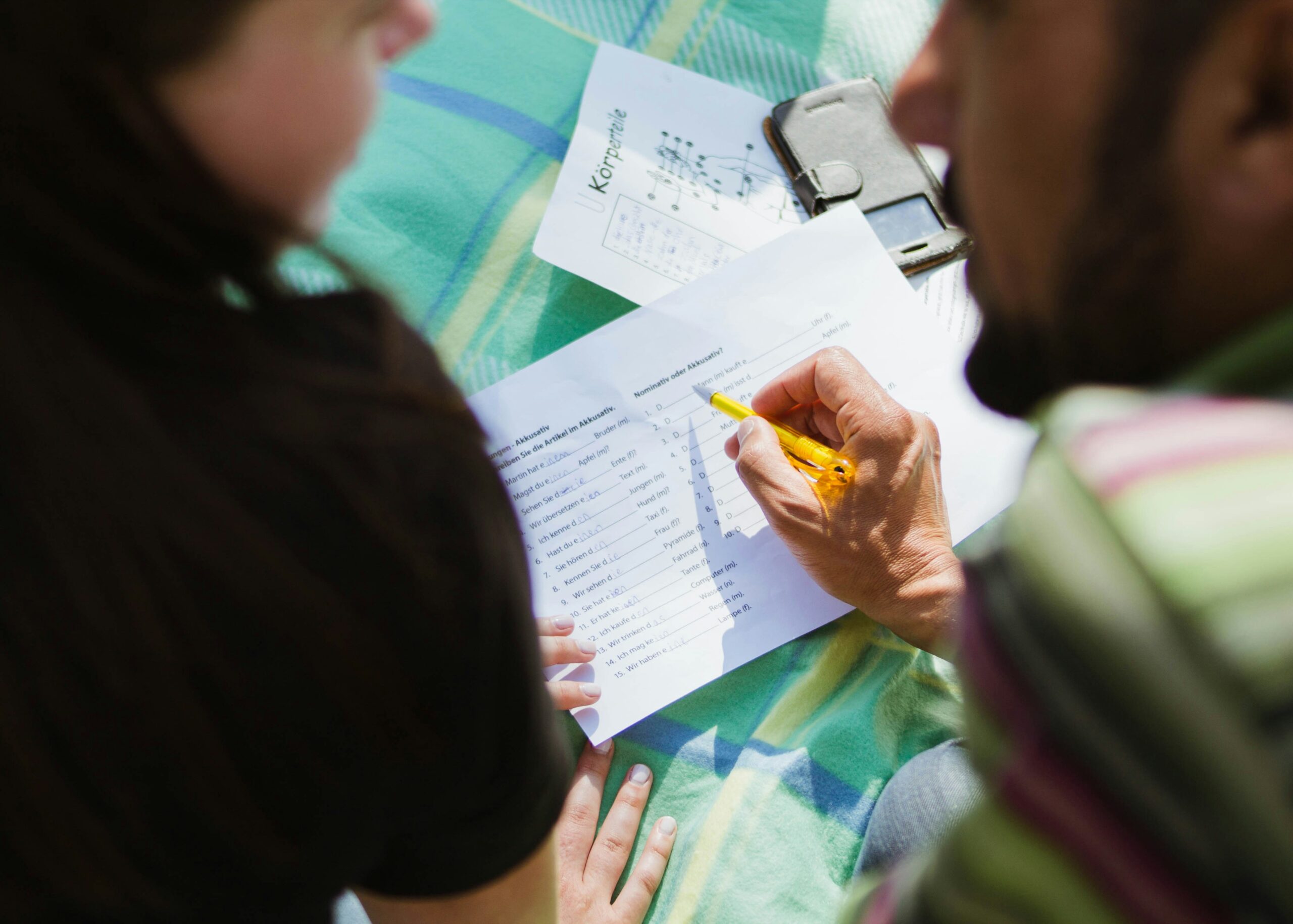
Call for Papers
Edited by Kevin M. Wong, PhD, and Fabrice Jaumont, PhD
The Center for the Advancement of Languages, Education, and Communities invites submissions for an edited volume exploring the complex, dynamic realities of bilingualism and multilingualism. Moving beyond the often paralyzing “gold standard” of achieving native-like fluency, this volume seeks to celebrate the beauty of imperfect language learning, elevating how most multilingual individuals embody multilingualism with varying levels of proficiency across multiple languages. These experiences challenge monolingual bias, as explored by researchers like Sandro Barros, whose work highlights the complexities of multilingual realities, and emphasize the resilience and adaptability of multilingual individuals and communities, as described by experts such as Ofelia García and Li Wei in their studies on translanguaging, or François Grosjean, who has extensively examined the lives of bilinguals.
This volume aims to explore how multilingualism develops and thrives across diverse regions, contexts, and cultural settings. From formal language education to informal family interactions, community networks, and professional environments, language learning is a deeply personal and dynamic process that often resists straightforward categorization. By spotlighting voices and experiences from global linguistic landscapes—such as trilingual education in India, efforts to maintain refugee languages in Europe, or the revitalization of Indigenous languages in Canada—this volume aspires to create a rich and inclusive dialogue about the many forms of multilingualism, inspired by foundational work from scholars like Tove Skutnabb-Kangas and Robert Phillipson.
Topics for Submission
To provide a holistic approach to the topic, we offer a framework for understanding imperfect language learning that bridges lived experiences, educational practices, sociocultural dynamics, theoretical perspectives, and marginalized voices. Contributions that reflect any of these dimensions are encouraged.
1. Lived Realities of Multilingualism
Explore the personal and community experiences that that showcase the beauty of language learning, even when it’s not “perfect.”
- Case studies or autoethnographies that highlight family language practices and intergenerational dynamics (e.g., how heritage languages are maintained across three generations in immigrant families).
- Narrative inquiries into the experiences of receptive or dominant bilinguals, emphasizing their unique linguistic and cultural contributions.
2. Educational and Institutional Perspectives
Examine how schools and community programs influence multilingual learning, even when the results are far from flawless.
- Empirical research on bilingual education programs (e.g., the impact of dual-language immersion programs in the U.S. on student outcomes).
- Case studies of community-led heritage language schools and their role in preserving minority languages.
3. Sociocultural and Regional Contexts
Investigate the influence of cultural, political, and regional factors on language learning, offering nuance on the multilingual learning trajectory.
- Comparative studies on the dynamics of multilingualism in the Global North and South (e.g., the prevalence of code-switching in urban African settings versus rural Scandinavian contexts).
- Duoethnographies examining the intersection of language, identity, and cultural preservation in marginalized communities.
4. Rethinking Multilingualism
Look at new ways of understanding multilingualism as flexible, evolving, and inherently “imperfect.”
- Conceptual papers exploring “translanguaging” practices in classrooms to make meaning, create spaces of belonging, and challenge monoracial bias.
- Theoretical explorations of how raciolinguistic ideologies shape perceptions of imperfect language learners and their navigation of linguistically diverse settings.
5. Amplifying Marginalized Voices
Highlight stories from underrepresented communities and contributors with important discussions about multilingualism.
- Duoethnographies featuring bilingual educators and their students (e.g., exploring shared challenges and successes in maintaining a minority language).
- In-depth interviews with first-generation bilinguals navigating cultural and linguistic expectations.
Types of Submissions
Submissions can take the following forms, with examples provided for guidance:
- Empirical Research Articles:
Quantitative, qualitative, or mixed-methods studies analyzing specific aspects of multilingualism.
Example: An analysis of the cognitive benefits of receptive bilingualism in young learners. - Case Studies:
In-depth explorations of specific programs, communities, or contexts.
Example: A case study of an Indigenous language revitalization program in a Canadian community. - Autoethnography/Duoethnography:
Personal or collaborative reflections on multilingual experiences.
Example: A duoethnography between a parent and child documenting their journey maintaining a heritage language. - Narrative Inquiry:
Stories capturing the relational and personal dimensions of multilingualism.
Example: A narrative inquiry into the life of a trilingual professional navigating cultural expectations in different settings. - In-Depth Interviews:
Detailed conversations with individuals sharing unique insights into language learning.
Example: Interviews with bilingual teachers on their strategies to support linguistic diversity in classrooms.
Submission Guidelines
This volume aims to create an accessible resource for educators, parents, policymakers, and community leaders. Submissions are open to all, including those without formal academic or writing backgrounds.
- Abstract: Up to 250 words
- Biography: Short biography and affiliation of the author(s) (100 words max)
- Full Paper: Up to 8,000 words, including references
- Formatting: APA style for references and citations
Timeline:
- Abstracts and Author Bios Due: February 28, 2025
- Notification of Acceptance: March 15, 2025
- Full Manuscript Due: June 30, 2025
Submissions and inquiries should be sent to editors-bilingualism@calec.org
Editors
Kevin Wong is an Associate Professor of Education and Chair of the MA in TESOL program at Pepperdine University in the Graduate School of Education and Psychology. He is also Co-Editor of The CATESOL Journal and Editor of The Teacher Advocate. Kevin received his Ph.D. in Teaching and Learning at New York University, specializing in literacy and multilingual education. He has always been interested in languages as he was raised trilingual (English, Cantonese, and Mandarin) in a biracial and multicultural home in Hong Kong. As a former elementary school teacher and a current scholar-practitioner, Kevin’s research and teaching are devoted to working with teachers to provide multilingual students with linguistically and culturally sustaining, equitable, and humanizing learning environments. www.kevin-m-wong.com
Fabrice Jaumont is a scholar-practitioner, award-winning author, non-profit leader, and education advisor based in New York. He currently serves as Education Attaché for the Embassy of France to the United States, a Research Fellow at Fondation Maison des Sciences de l’Homme in Paris, and an adjunct professor at Baruch College. He is President of the Center for the Advancement of Languages, Education, and Communities, a nonprofit publishing organization based in New York and Paris. He has published nine books on education, language, and development. Jaumont holds a Ph.D. in Comparative and International Education from New York University. He is the author of The Bilingual Revolution: The Future of Education is in Two Languages and Conversations on Bilingualism
References
Barros, S., Domke, L. M., Symons, C., & Ponzio, C. (2021). Challenging monolingual ways of looking at multilingualism: Insights for curriculum development in teacher preparation. Journal of Language, Identity & Education, 20(4), 239-254.
García, O., & Li Wei. (2014). Translanguaging: Language, bilingualism and education. Palgrave Macmillan.
Grosjean, F. (2010). Bilingual: Life and reality. Harvard University Press.
Skutnabb-Kangas, T., & Phillipson, R. (1995). Linguistic human rights: Overcoming linguistic discrimination. Mouton de Gruyter.
Additional References to Support Submissions
Blackledge, A., & Creese, A. (2010). Multilingualism: A critical perspective. Bloomsbury Publishing.
Bourdieu, P. (1991). Language and symbolic power. Polity.
Canagarajah, S. (2012). Translingual practice: Global Englishes and cosmopolitan relations. Routledge.
Cummins, J. (2000). Language, power and pedagogy: Bilingual children in the crossfire. Multilingual Matters.
De Houwer, A. (2009). Bilingual first language acquisition. Multilingual Matters.
Fishman, J. A. (1991). Reversing language shift: Theoretical and empirical foundations of assistance to threatened languages. Multilingual Matters.
Flores, N., & Rosa, J. (2015). Undoing appropriateness: Raciolinguistic ideologies and language diversity in education. Harvard educational review, 85(2), 149-171.
García, O. (2011). Bilingual education in the 21st century: A global perspective. John Wiley & Sons.
Heugh, K., Stroud, C., & Hickey, R. (2020). Multilingualism in South African education: A southern perspective. English in multilingual South Africa. The linguistics of contact and change, 2016-238.
Jaumont, F. (2017). The bilingual revolution: The future of education is in two languages. TBR Books.
Jaumont, F. (2022). Conversations on bilingualism. TBR Books.
Makoni, S., & Pennycook, A. (Eds.). (2007). Disinventing and reconstituting languages (Vol. 62). Clevedon: Multilingual Matters.
Norton, B. (2013). Identity and language learning: Extending the conversation. In identity and language learning. Multilingual matters.
Paris, D., & Alim, H. S. (Eds.). (2017). Culturally sustaining pedagogies: Teaching and learning for justice in a changing world. Teachers College Press.
Wong, K. M. & Benson, C. (2019). Policy and practice in L1-based multilingual education: Challenges and steps forward. FIRE: Forum for International Research in Education, 5(3), 1-11.
References for Methodologies
Adams, T. E., Jones, S. H., & Ellis, C. (2016). Handbook of autoethnography. Routledge.
Norris, J., Sawyer, R. D., & Lund, D. (Eds.). (2016). Duoethnography: Dialogic methods for social, health, and educational research. Routledge.
Ragin, C. C. (2014). The comparative method: Moving beyond qualitative and quantitative strategies. Univ of California Press.
Riessman, C. K. (2008). Narrative methods for the human sciences. Sage.
Seidman, I. (2006). Interviewing as qualitative research: A guide for researchers in education and the social sciences. Teachers College.
Yin, R. K. (2018). Case study research and applications (6th Ed). Sage.
